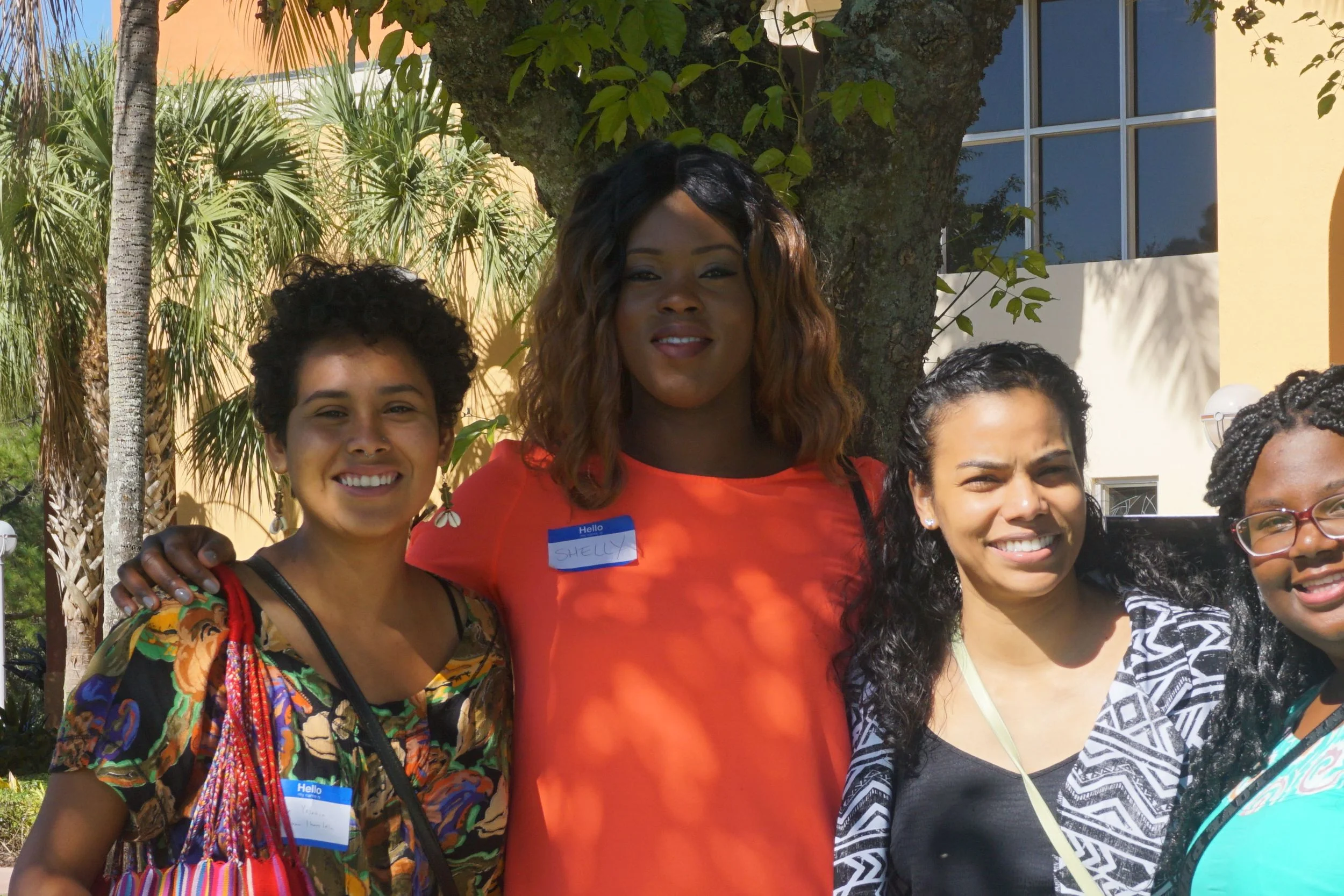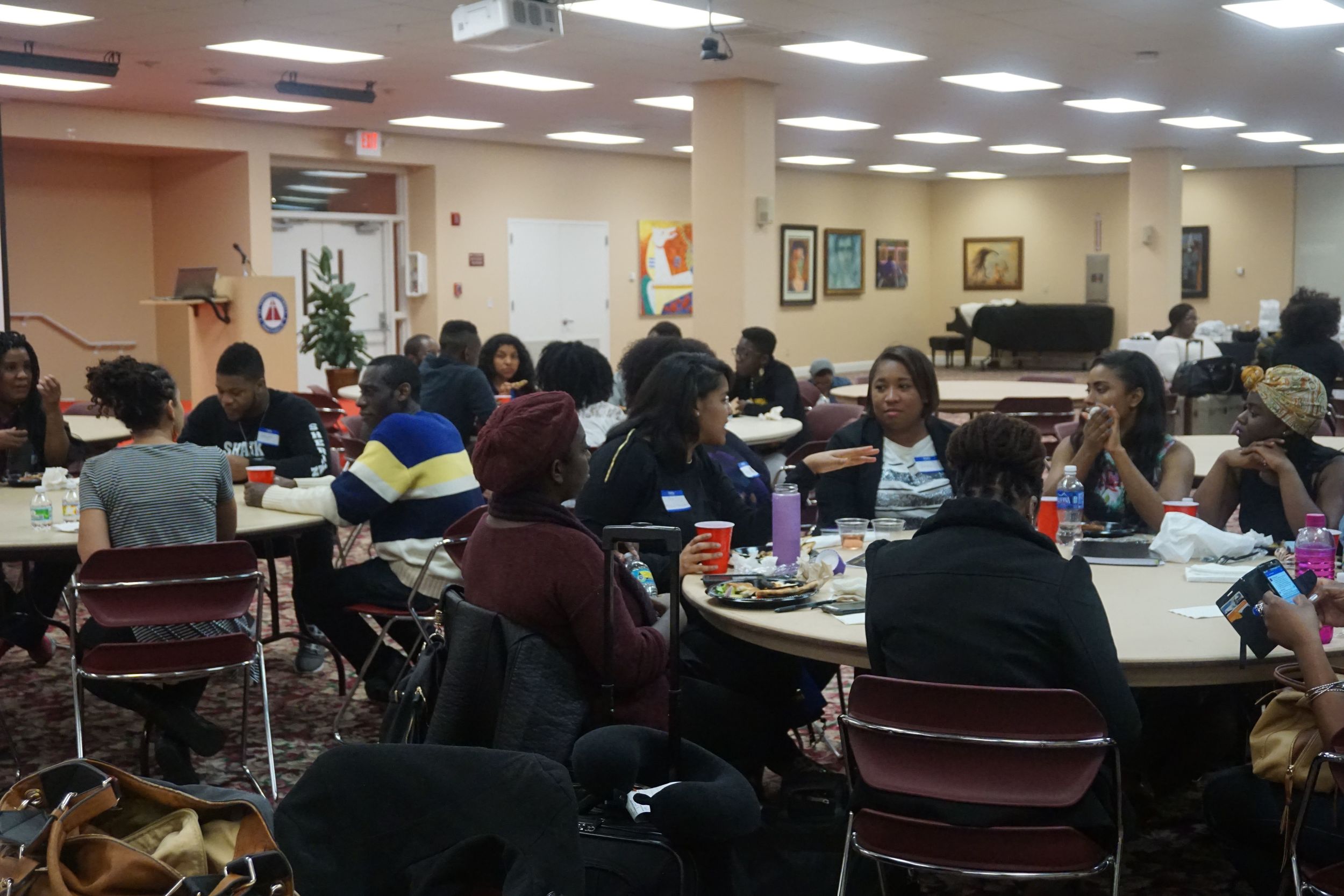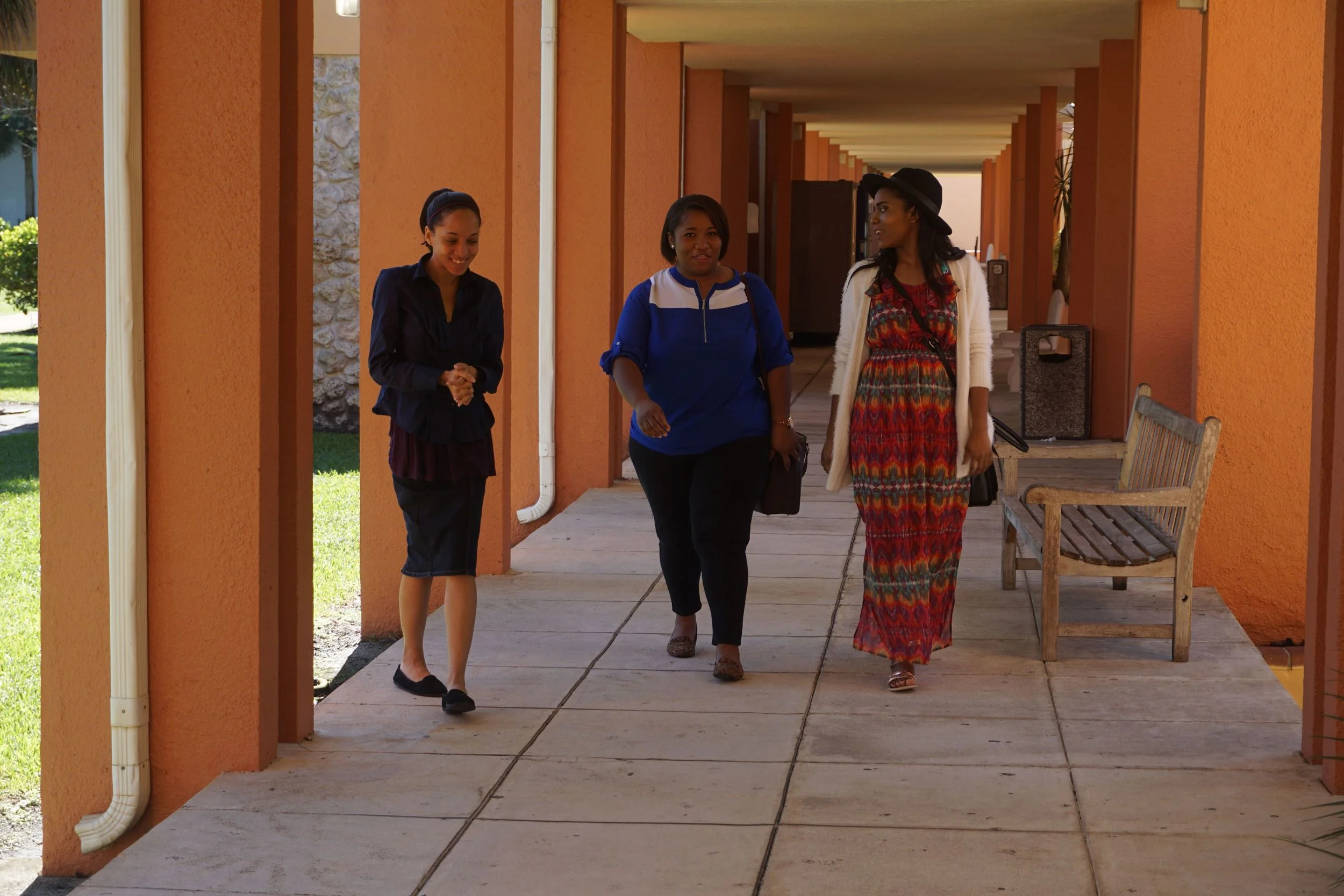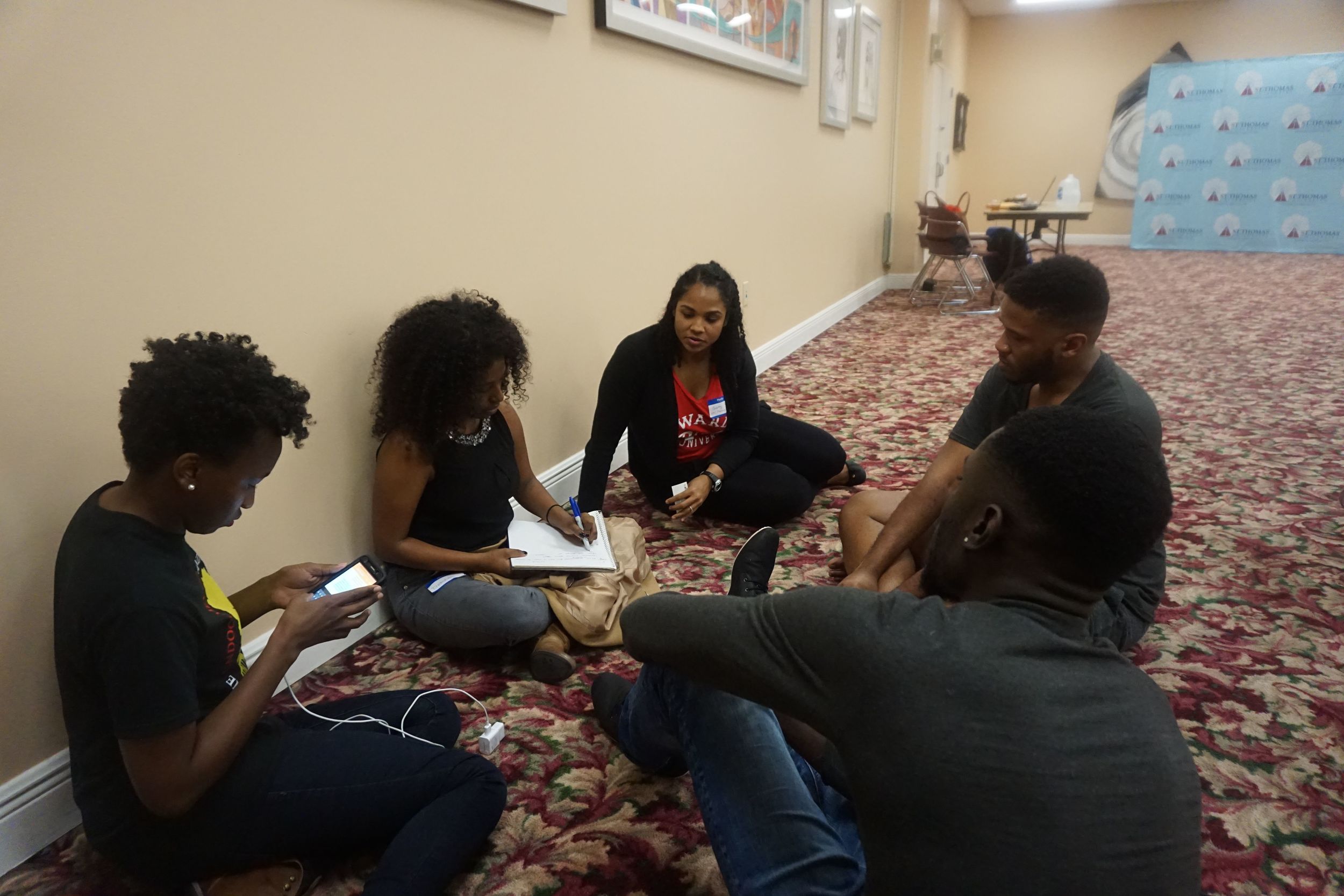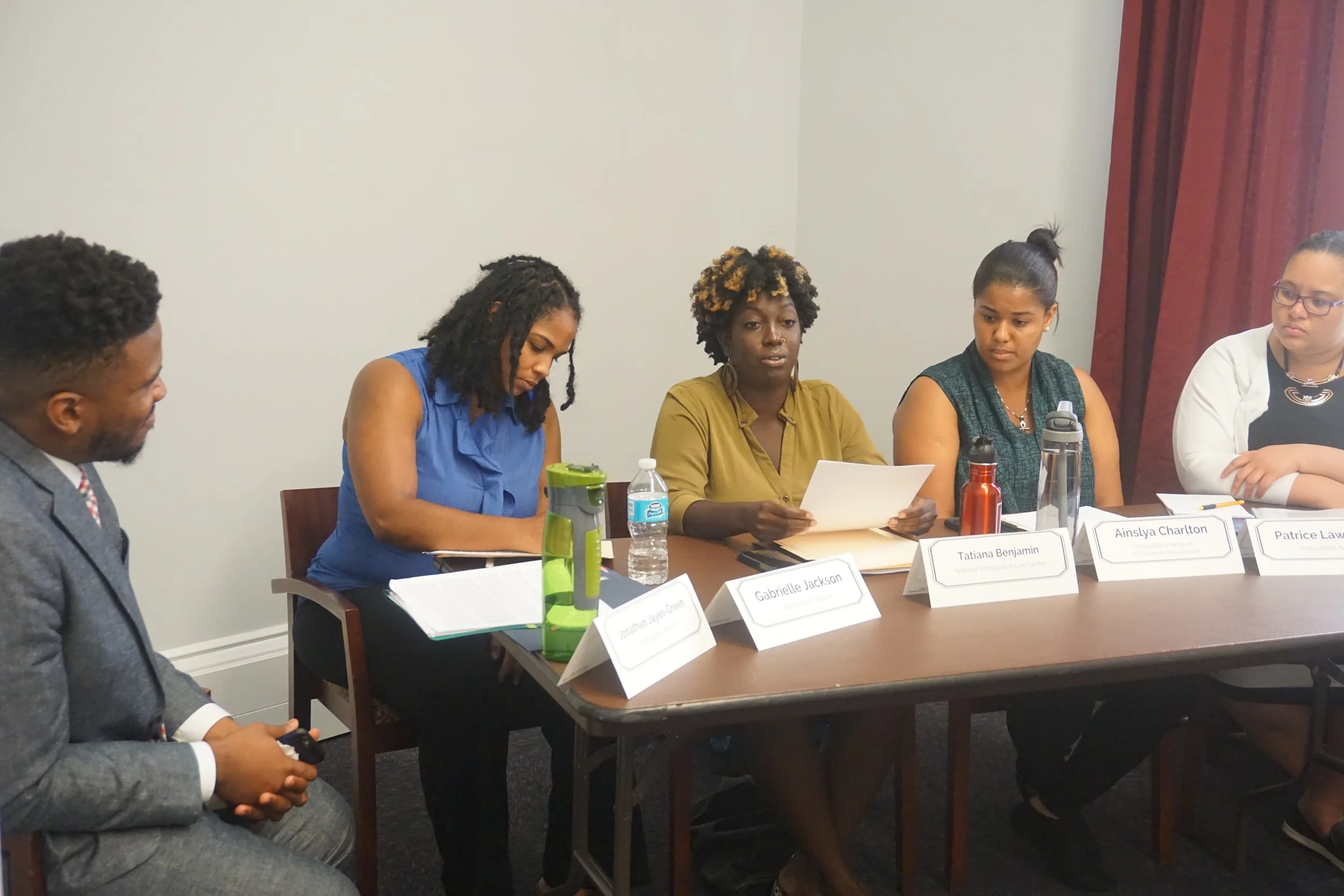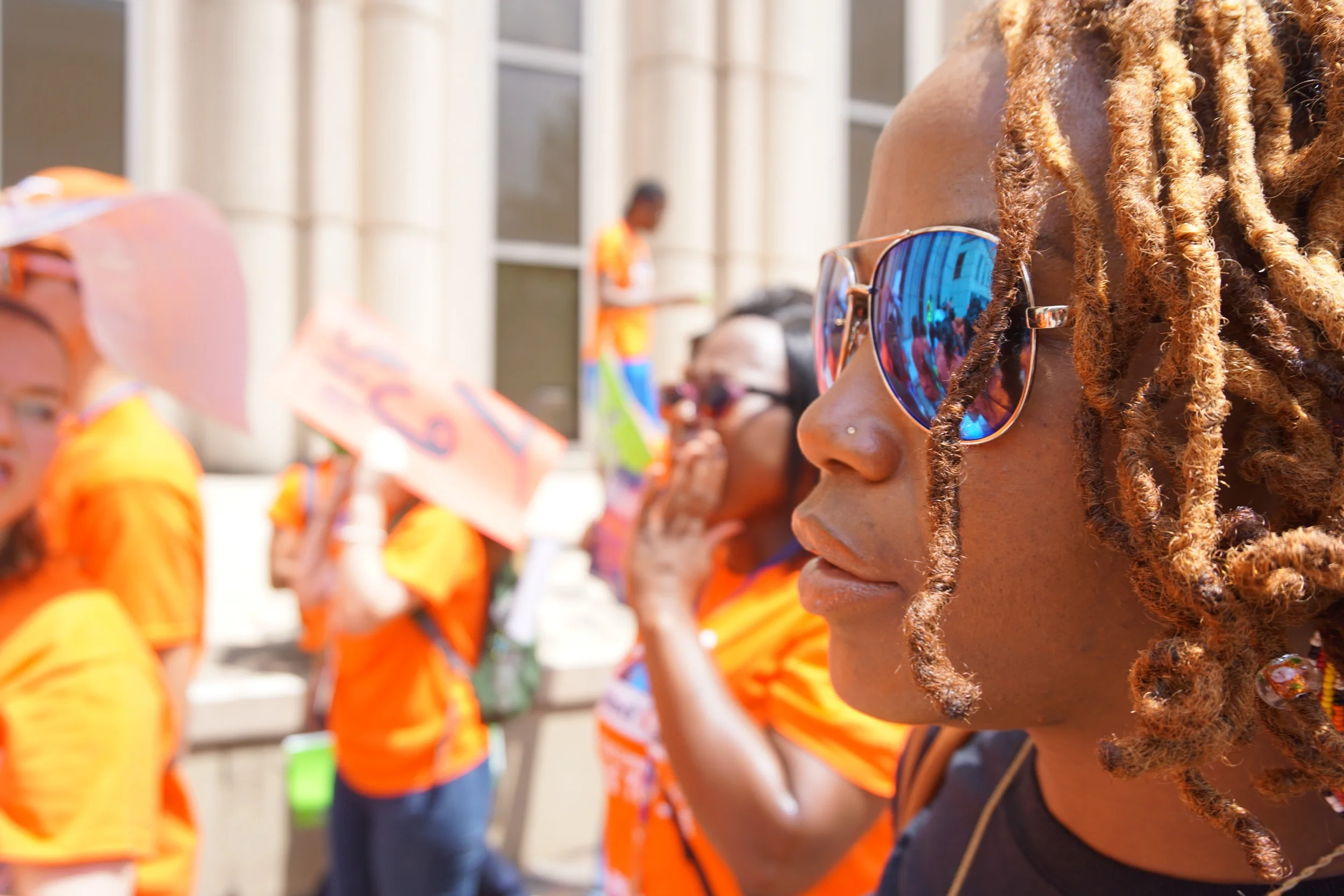Communities United for Status and Protection
Statement for the Record
May 12, 2021
Communities United for Status and Protection (CUSP) is a collaborative of grassroots immigrant community organizations working together to end the uncertainty that TPS holders in our communities live with everyday, and to build a more inclusive immigrant rights movement that centers the needs and experiences of African, Afro-Caribbean, Afro-Latinx, Arab/Middle Eastern, and Asian Pacific Islander (API) immigrants. The member organizations include Adhikaar, African Communities Together (ACT), Haitian Bridge Alliance (HBA), National Network for Arab American Community (NNAAC), and The UndocuBlack Network.
CUSP is grateful to Chairman Alex Padilla (D-CA) and members of the Senate Judiciary Committee’s Immigration, Citizenship, and Border Safety Subcommittee for convening this vital hearing on the essential role that immigrant workers served during, and prior to, the COVID-19 crisis. We stand with the many organizations advocating on behalf of essential workers seeking a path to citizenship and highlighting the contributions of the more than 400,000 Temporary Protected Status (TPS) holders -- one-third of whom were classified as essential workers during the COVID-19 crisis.
Congress has an obligation to provide relief for uncertainty that people living with Temporary Protected Status must contend with. The U.S. House of Representatives recently passed American Dream and Promise Act (HR 6) with bipartisan support. CUSP calls on the Senate to pass similar bipartisan legislation or The SECURE Act of 2021 (S. 306), or this through Reconciliation.
TPS is granted to nationals fleeing countries undergoing armed conflict, environmental disaster, or extraordinary and temporary conditions. This designation prevents holders from being deported and allows them to earn a living and provide for their families. Many TPS holders have lived in the United States for over two decades, having arrived as children and are now raising their own U.S.-born children. In the face of unrelenting uncertainty, TPS holders have also contributed almost $4.6 billion in taxes to their adopted home.
When their services were needed, according to the Department of Homeland Security (DHS), to “maintain the services and functions Americans depend on daily,” one-third of TPS holders went to work as essential workers.
During the COVID-19 crisis, TPS holders put their lives on the line to do those jobs that could not be done remotely. As a result, these individuals were more likely to contract and die from COVID-19. Around 11,600 TPS designees are healthcare workers, providing direct patient support. Seventy-six thousand TPS holders are employed in food-related occupations such as farming and agriculture, food manufacturing, delivery, restaurants, and food service establishments. Immigrants with TPS work in other vital areas such as waste management, transportation, and automotive repair and maintenance.
Namrata Pokhrel, Nepali TPS holder from Texas
“I am a proud single mother of a daughter who is working as a nurse. Within a couple of years of getting my work permit through TPS, I was able to acquire two businesses (gas station and convenience stores), in Dallas and Texarkana. TPS has given this mother and daughter the opportunities that we could never have imagined back in Nepal, especially as a single mother family. Yet, the uncertainty that TPS entails has been very stressful for us. We need permanent residency so that I can grow my businesses further, my daughter can be ensured of longer-term employment in health services, and we can both continue to give back to the community the way we always have been even while in temporary status. As one of the over 2,500 TPS holders from Nepal, we are calling on Senator Cornyn and Senator Cruz to go beyond partisan politics and support us, their constituents. We are building the economy of Texas at this critical time. Texas is our home and community.”
Rose Tilus, Haitian TPS holder from Rhode Island and Witness at the Senate Hearing to Examine the Essential Role of Immigrant Workers in America
“As one of approximately 56,453 TPS holders from Haiti, I am a Family Nurse Practitioner who has worked on the frontlines of the COVID-19 pandemic. I tested positive for COVID-19 and all of my family members living with me got COVID, including my aunt who ended up in the hospital and on a ventilator for a week. Fear and anxiety are always in the background, that I might suddenly have to leave my home. I’ve lived in the United States for 20 years, since I was 17 years old. TPS allowed me to get my undergraduate and master’s degrees. I love my work, I love serving the community in Rhode Island.``
TPS holders helped keep the American economy running from coast to coast during an unprecedented crisis. In fact, the largest populations of TPS holders in essential occupations live in California (27,200), Texas (20,700), and Florida (17,900). Immigrant essential workers make up almost 1 in 5 of the total U.S. essential workforce.
Despite their essential nature, TPS holders do not have a path to permanent residence, nor is their TPS designation automatically renewed. At least every 18 months the DHS Secretary decides whether to extend a country’s TPS designation whereupon TPS holders must register their presence again, pass a background check, and pay significant fees. TPS holders have faced years, often decades of uncertainty, not knowing whether they would be uprooted and returned to dangerous conditions or a country that is no longer home and is ill-equipped to receive them. Congress has an obligation to end this uncertainty.
CUSP is thankful to all essential immigrant workers, including TPS holders, for their efforts during these extraordinary times, often at great risk to themselves and their families. Again, we urge the Senate to recognize the efforts and sacrifices of essential workers and TPS holders by making them permanent members of our communities. The Senate must include them in any immigration package that moves, including through reconciliation.
The UndocuBlack Network (UBN), founded in 2016, is a multigenerational network of currently and formerly undocumented Black people that fosters community, facilitates access to resources and contributes to transforming the realities of our people so we are thriving and living our fullest lives. UBN has chapters in New York City, the DC/MD/VA area, and Los Angeles, CA.
Adhikaar (Nepali: rights) is a New York-based non-profit, organizing the Nepali-speaking community to promote human rights and social justice for all. We are a women-led workers’ center and community center focused on workers’ rights, immigration rights, access to affordable healthcare and language justice. We organize the Nepali-speaking community to create broader social change; build coalitions on advocacy campaigns that address our community's needs; center women and the most impacted communities in our leadership; engage members in participatory action research; and implement community education, workplace development training, and support services.
African Communities Together (ACT) is an organization of African immigrants fighting for civil rights, opportunity, and a better life for our families here in the U.S. and worldwide. ACT empowers African immigrants to integrate socially, get ahead economically, and engage civically. We connect African immigrants to critical services, help Africans develop as leaders, and organize our communities on the issues that matter.
Haitian Bridge Alliance (HBA) is a 501(c)(3) nonprofit community organization based in Southern California that advocates for fair and humane immigration policies and connects migrants with humanitarian, legal, and social services, with a particular focus on Black migrants, the Haitian community, women, LGBTQAI+ individuals and survivors of torture and other human rights abuses. Since 2015, HBA has provided services to asylum seekers and other migrants at the U.S.-Mexico border, in U.S. detention, and during U.S. immigration proceedings.
National Network for Arab American Community (NNAAC) is a national consortium of independent Arab American community-based organizations. The Network’s primary mission is to build the capacity of Arab American non profit organizations that focus on the needs and issues impacting their local community while collectively addressing those issues nationally
###

